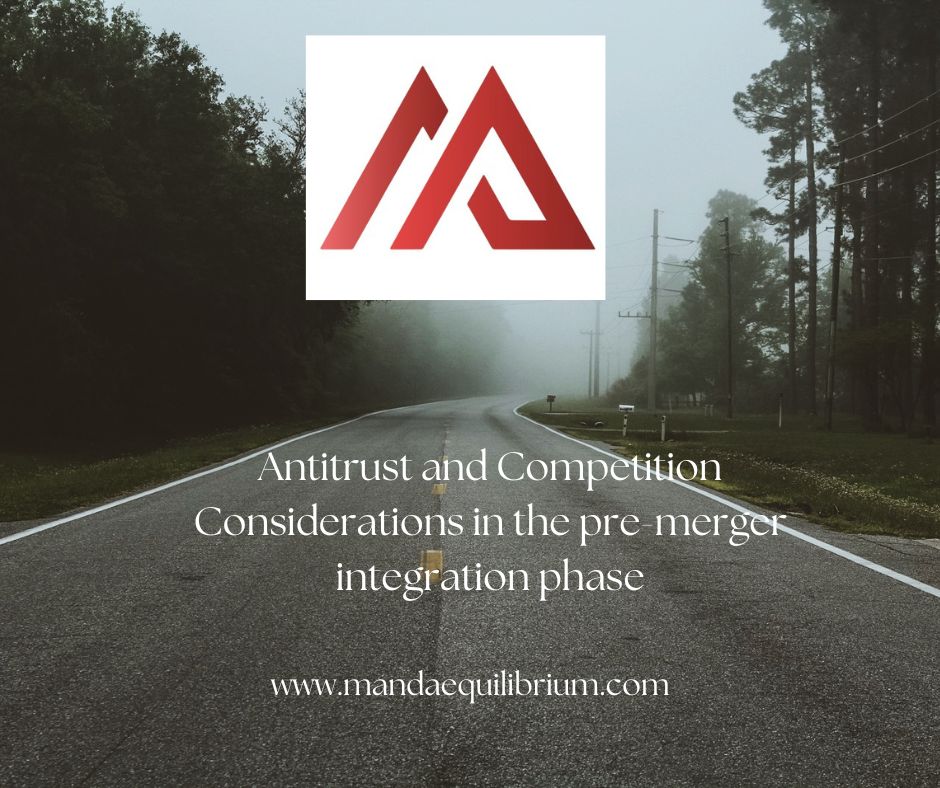Antitrust and competition laws play a critical role in the pre-merger integration phase of any M&A transaction.
The integration phase begins when the parties have signed an agreement, and it continues through the closing date.
During this phase, the merging parties must ensure that their deal complies with all antitrust and competition laws. Failure to do so could result in regulatory intervention or even the cancellation of the merger.
Market Concentration
One of the primary issues that the parties must consider during the integration phase is market concentration.
If the merger would result in a significant increase in market concentration, it could raise concerns among regulators about the potential for the merged entity to engage in anti-competitive behavior.
To address these concerns, the merging parties must identify the relevant market and assess their market share. They should also conduct a competitive analysis to determine whether the merger would impact competition in the market. If the merger would result in a substantial reduction in competition, the parties may need to consider divestitures or other remedies to address these concerns.
Anti-Competitive Conduct
Additionally, the parties must ensure that their integration plans do not involve any anti-competitive conduct. This includes any agreements to allocate markets, rig bids, or price-fix. Such conduct can trigger significant penalties under antitrust laws and may result in regulatory intervention.
Integration Plan
The parties should also consider the timing of their integration plan. If they plan to integrate before receiving regulatory approval, this could raise concerns among regulators and potentially trigger an investigation. Thus, it is often necessary to wait for regulatory approval before proceeding with integration, even if this may delay the benefits of the merger.
Compliance Program
Finally, the parties must ensure that they have adequate compliance programs in place to avoid any anti-competitive conduct in the future. This includes training their employees on antitrust laws and ensuring that internal controls are in place to detect and prevent any violations.
Moreover, it is important for the parties to cooperate with regulators during the pre-merger integration phase. This can involve providing information about the merger, responding to regulators’ inquiries, and addressing any concerns that arise.
Conclusion
Antitrust and competition considerations must be a top priority during the pre-merger integration phase. The parties must assess market concentration, market power, and the potential for coordinated effects, and implement appropriate remedies to address any concerns. Additionally, they must have effective compliance programs in place, cooperate with regulators, and avoid any anti-competitive conduct. By doing so, they can ensure that their deal complies with antitrust and competition laws, and facilitate a successful and smooth integration.

